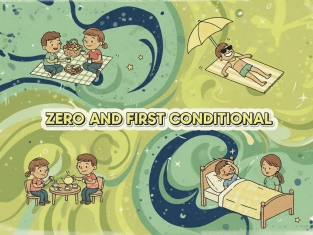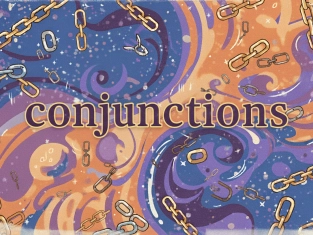Complex Sentences Examples
Table of Contents
Exercises
Explanation
Why use them?
-
They let you give more details about time, reason, condition, contrast, and place.
-
They make your writing richer and smoother.
-
You link ideas instead of writing many separate short sentences.
Structure
-
Independent clause = full sentence: I went home.
-
Dependent clause = extra information: because the bus was late.
-
Combine: I went home because the bus was late.
Common Subordinating Conjunctions
These introduce dependent clauses:
|
Use |
Words |
|
Time |
when, after, before, while, as soon as |
|
Reason |
because, since |
|
Condition |
if, unless |
|
Contrast |
although, though |
|
Place |
where, wherever |
Examples
-
Time: When the bell rang, we started class.
-
Reason: He stayed inside because it was raining.
-
Condition: If you study, you will pass the exam.
-
Contrast: Although he is young, he knows a lot.
-
Place: She’ll wait where I told her.
Punctuation Tip
-
If the dependent clause comes first, use a comma:
Because it was raining, we stayed home. -
If the independent clause comes first, you don’t need a comma in most cases:
We stayed home because it was raining.
Difference: Simple vs. Complex
-
Simple sentence: one idea.
She loves music. -
Complex sentence: main idea + extra idea.
She loves music because it relaxes her.

